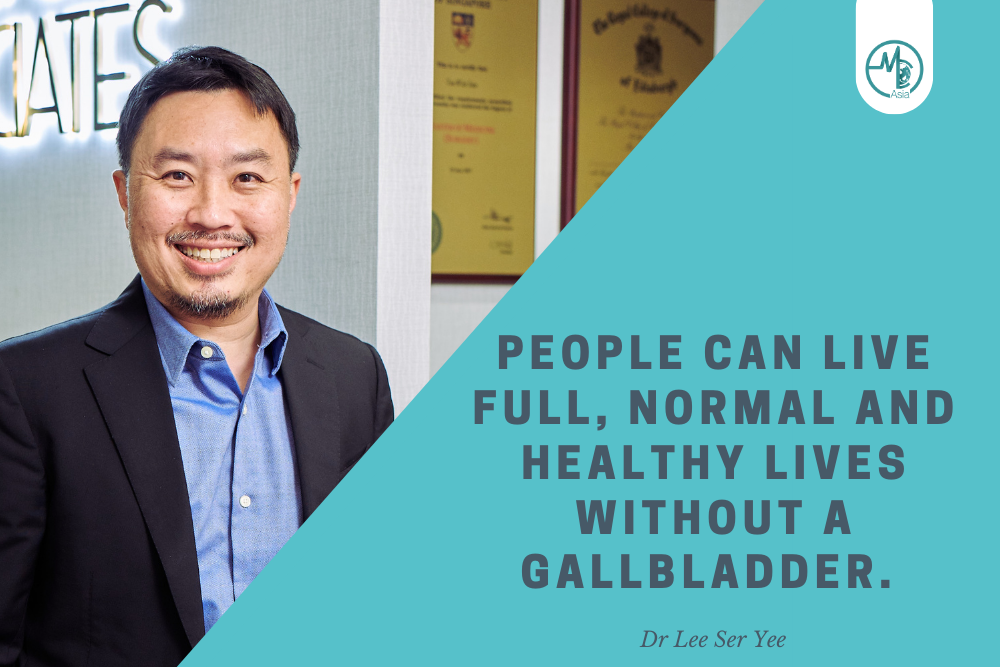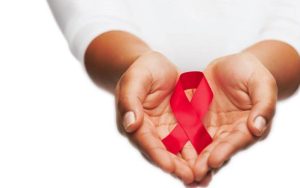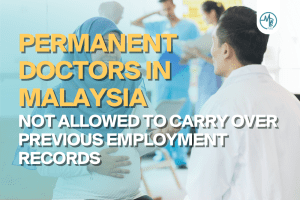The gallbladder, a small, pear-shaped organ beneath the liver, plays a crucial role in our digestive system.
However, its health is often overlooked until discomfort and illness strike. In the second part of this series, we look at the diagnosis, treatment and prevention measures of gallbladder conditions with Dr Lee Ser Yee. Dr. Lee Ser Yee specialises in Hepatopancreatobiliary surgery (HPB), Liver transplantation, and minimally invasive Surgery (MIS). His area of expertise lies in minimally surgery to treat liver, gallbladder and pancreas diseases.
You can read part 1 of this deep dive into gallbladder diseases here.
Diagnosis Options
Dr Lee Ser shares these ways that a doctor may administer the following tests to identify the condition:
Liver function test (LFT)
Done via blood tests, they may present evidence of gallbladder disease or bile blockage, jaundice etc
FBC
A full blood count can identify if there is an infection e.g., higher white blood cell count. Other blood tests can also show If there are associated complications such a pancreas inflammation or liver abscesses.
Ultrasound
This produces clear images of the gallbladder, liver and bile ducts, allowing doctors to detect gallstones, tumours, fatty liver, scarring and inflammation.
Computed tomography (CT)/ Magnetic Resonance Imaging (MRI) scan
These cross-sectional scans produce images of the pancreas, gallbladder, liver and bile ducts. It can also reveal gallstones and blockages in the bile ducts and guide treatment.
HIDA scan
This helps determine how well the gallbladder and liver are functioning.
How is Gallbladder Disease Treated?
Patients diagnosed with asymptomatic gallbladder disease or silent gallstones generally do not require treatment, as the condition is benign and usually does not cause significant complications. However, those who present with mild to moderate symptoms or these become more frequent may need to seek a consultation and embark on treatment if deemed necessary before it becomes more serious.
In more serious cases, when symptoms are frequent, severe, and persistent, doctors may address the issue by removing the gallbladder. People can live full, normal and healthy lives without a gallbladder. The liver will continue to produce bile for digestion, but instead of some being stored into the gallbladder, more of the bile will flow directly into the small intestine. Once the gallbladder is unhealthy, keeping it confers more risks than benefits.
A keyhole surgery, laparoscopic cholecystectomy is the procedure of choice for removal of the gallbladder. It is very safe and routine. Surgeons perform the surgery under general anaesthesia, making 3-4 small cuts in the abdomen. They detach the gallbladder from the liver, apply clips to the artery supplying the gallbladder and the draining duct, and then remove the gallbladder in a bag through one of the incisions.
With small incisions (3-5mm) causing minimal pain and downtime, most patients undergo this as day surgery.
Strategies in reducing the risk of developing gallbladder disease
There is no proven way to prevent gallstones or gallbladder diseases, but research suggests some possibilities. By modifying your lifestyle, you can lower your risk of developing gallstones and gallbladder disease. Some of these lifestyle modifications include:
Adopt a low-fat, high-fibre diet
Saturated fats found in meats, butter, and animal products often trigger gallstone attacks.
Coffee
Some studies have found that a cup of coffee a day can lower the risk of gallstones as caffeine in coffee can stimulate gallbladder contractions and lower the cholesterol. This may be related with many other lifestyle confounders and the current evidence and understanding is not conclusive.
Alcohol
Some studies have found that while limited and moderate alcohol intake reduces the risk of gallstones, but heavy drinking may do the opposite. This may be related with many other lifestyle confounders, and the current evidence and understanding is not conclusive. It is important to highlight that pregnant women and those with liver disease should avoid alcohol.
Maintain a healthy body weight
Regular exercise, an active lifestyle and a healthy balanced diet will minimise many of the risk factors of gallstones.












